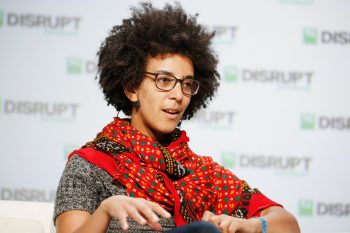Google is telling its scientists to give AI a ‘positive’ spin
Google has reportedly been telling its scientists to give AI a “positive” spin in research papers.
Documents obtained by Reuters suggest that, in at least three cases, Google’s researchers were requested to refrain from being critical of AI technology.
A “sensitive topics” review was established by Google earlier this year to catch papers which cast a negative light on AI ahead of their publication.
Google asks its scientists to consult with legal,...










